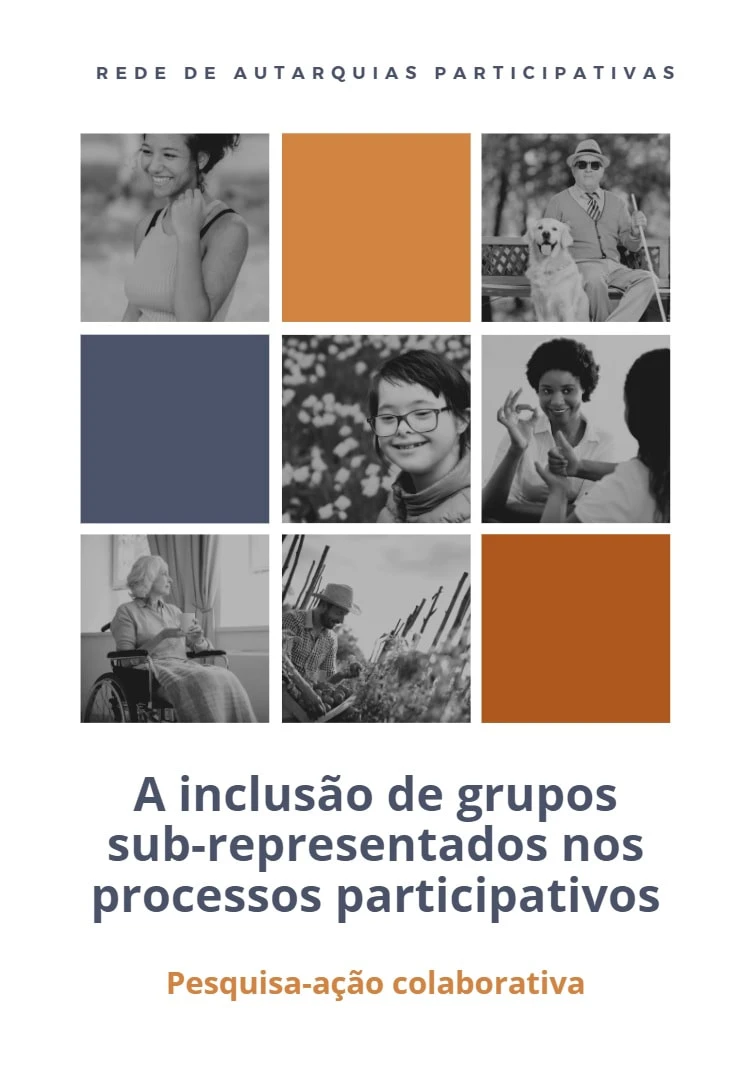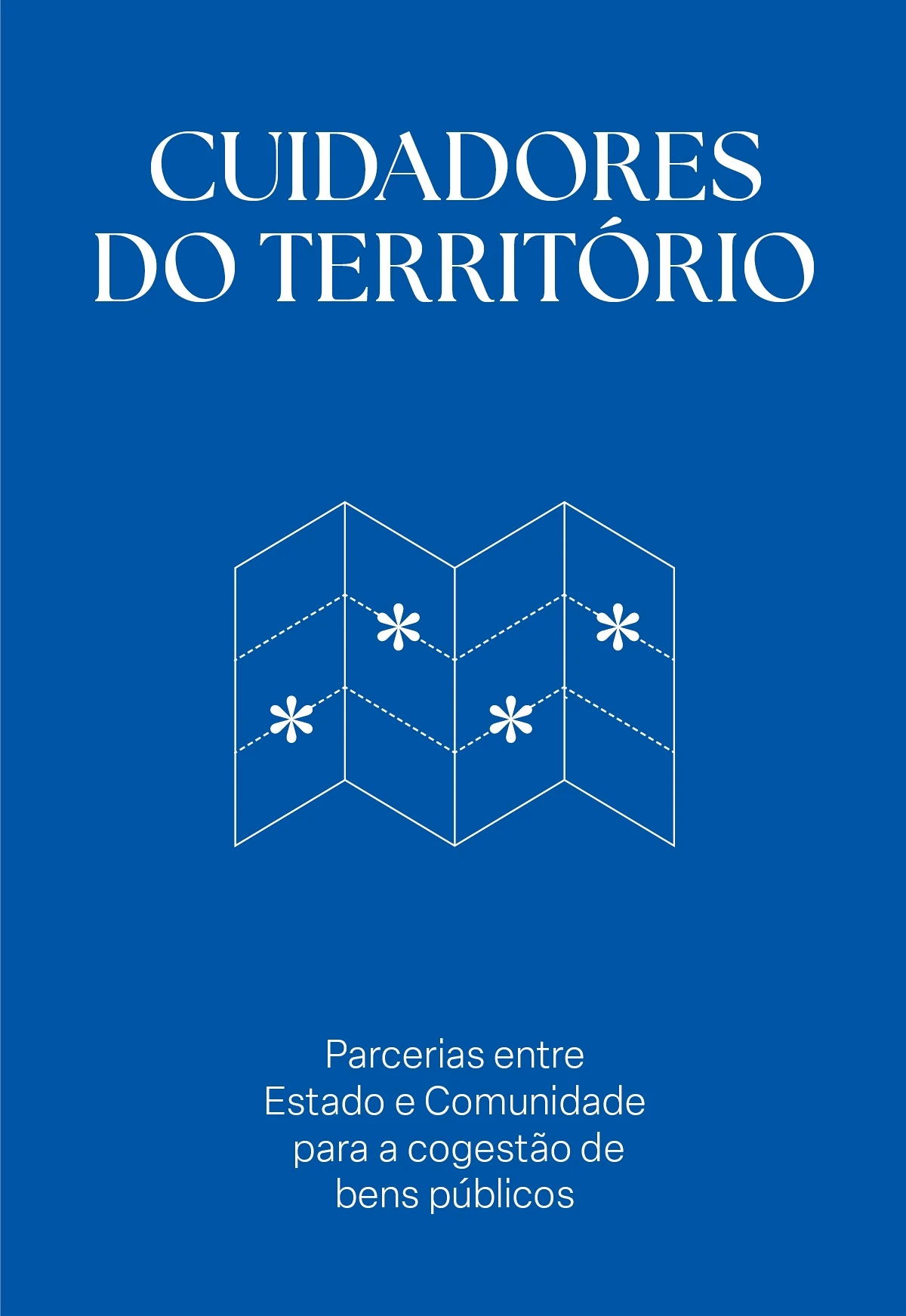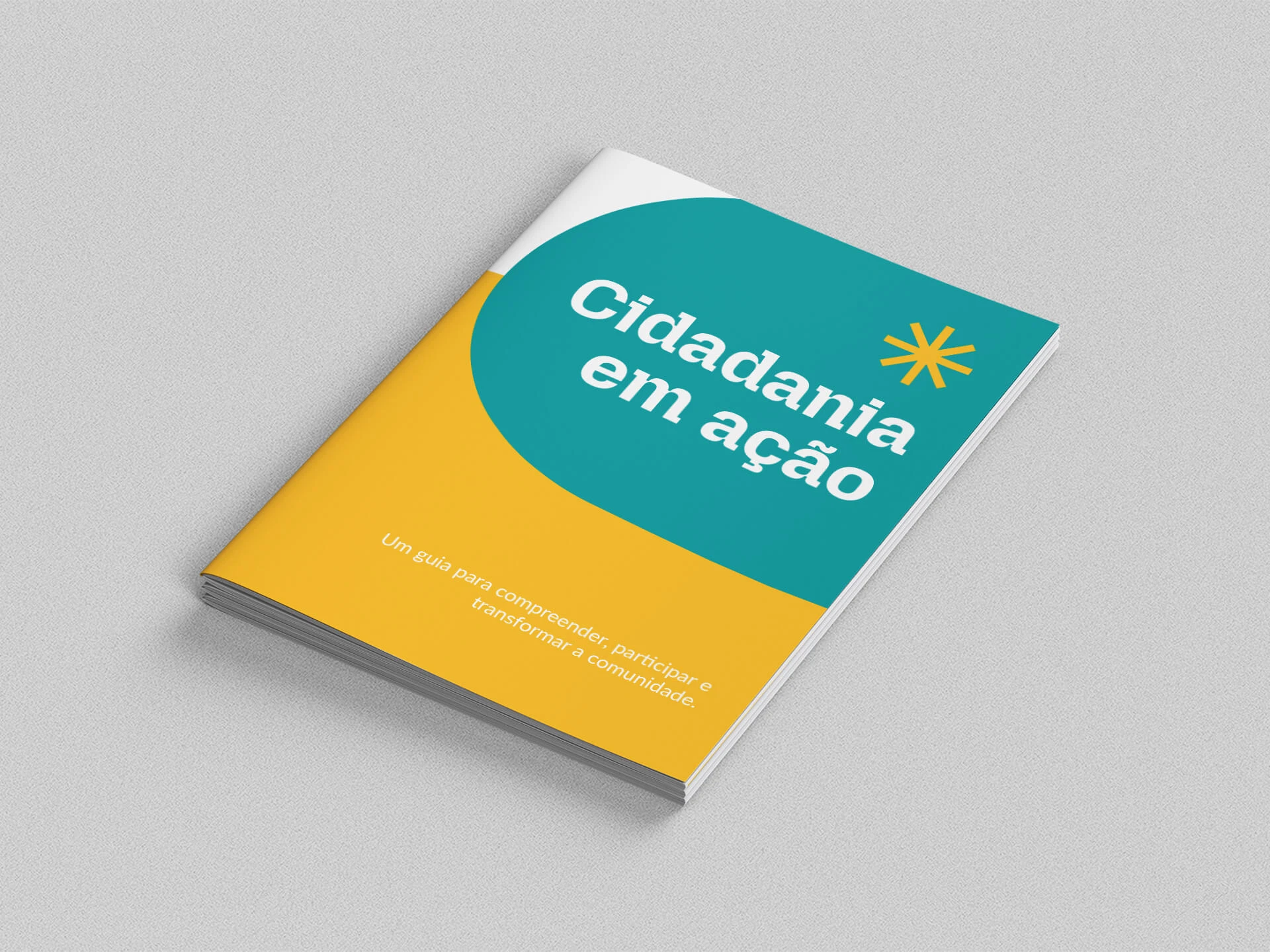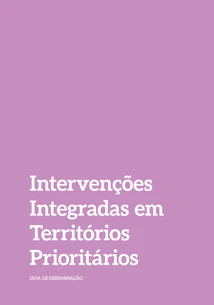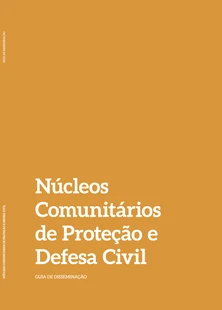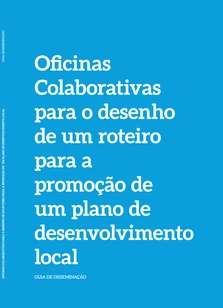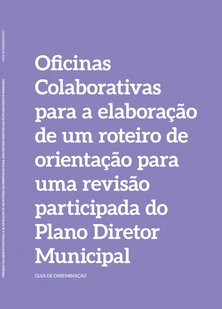
Participatory Budgeting Quality Index
The significant spread of Participatory Budgeting has posed challenges in terms of the methodological and deliberative attributes of these processes, essential aspects for their credibility and sustainability. Aware of this situation, the Network of Participatory Municipalities promoted a debate among its members, with the aim of establishing parameters of demand that these initiatives must ensure, as a safeguard for sustained growth and progressive affirmation in society. The work carried out led to the creation of a Participatory Budgeting Quality Index (IQOP), made up of 13 principles and 50 indicators. These were designed in such a way as to respect the healthy methodological diversity and innovation of the processes, while challenging each initiative to an exercise in critical self-reflection, capable of raising the respective horizons of ambition.
To find out more about IQOP and try it out, click here https://op-index.com.
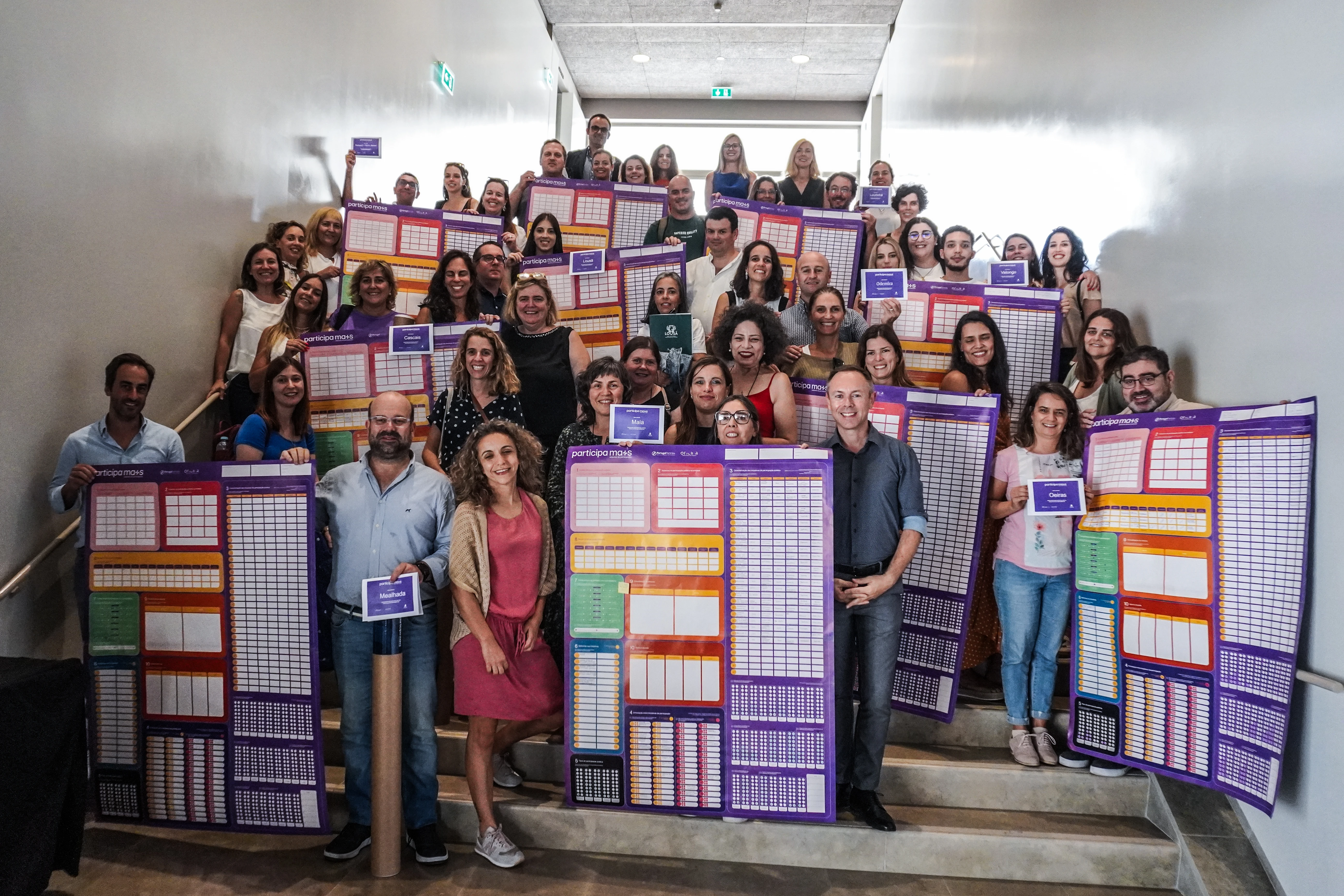
Participa Mais - Ten Steps for Designing Participation Systems
Democratic regimes have been facing a continuous weakening of people's active involvement in decision-making. This is extremely important, since civic participation is an essential dimension of democratic systems, as it allows the state to respond more effectively to society's complex challenges and strengthens people's trust in institutions. This challenge calls on everyone to see community involvement as the cornerstone of a cohesive, renewed and vibrant regime, which implies moving on from one-off, instrumental processes towards the creation of broader, more inclusive participation systems. A Participation System is a model of organization that brings together, in a structured way and under a common vision, the public participation initiatives promoted by an entity, creating unity and strengthening the links between them, while allowing society, in its diversity, to decide how it wants to exercise its citizenship. Aware of this challenge, the Participatory Municipalities Network has developed the "Participa Mais" tool. This is a pioneering instrument, made up of ten steps, which was created to help public administration bodies design their Participation Systems.
For more information, please contact the Network's Technical Secretariat at rap@oficina.org.pt.

"Quem Participa?" Game
It is widely recognized that without concrete and intentional mechanisms, citizen participation practices in public policy-making tend to mirror the under-representations that exist in a given reality, thus diminishing their integrative and inclusive potential. Aware of this trend, the Participatory Municipalities Network has created a self-diagnostic tool on the inclusive nature of initiatives promoted by municipalities and parishes. This is a collaborative game, in board format, to be used by the teams directly responsible for conducting civic participation processes. The "players" are invited to analyze 42 profiles belonging to traditionally under-represented social groups and check whether the methodologies they adopt are the most appropriate to guarantee the participation of these people. "Who participates?" does not stop at analyzing each of the situations identified, but calls for the adoption of measures to facilitate the inclusion of individuals who are unable to access the participatory process.
For more information, please contact the Network's Technical Secretariat at rap@oficina.org.pt.

